White House Formally Invites Public Comment on Open-access Policies
Some publishers feared order making federally funded studies free

Send us a link
Some publishers feared order making federally funded studies free

Academic scientists and research institutes are increasingly being evaluated using digital metrics, from bibliometrics to patent counts. These metrics are often framed, by science policy analysts, economists of science as well as funding agencies, as objective and universal proxies for scientific worth, potential, and productivity.
In a victory for science and public health, a federal court determined that the U.S. Environmental Protection Agency cannot exclude scientists who have received EPA research grants - who happen to be mainly academic scientists from research universities - from serving on its advisory panels.
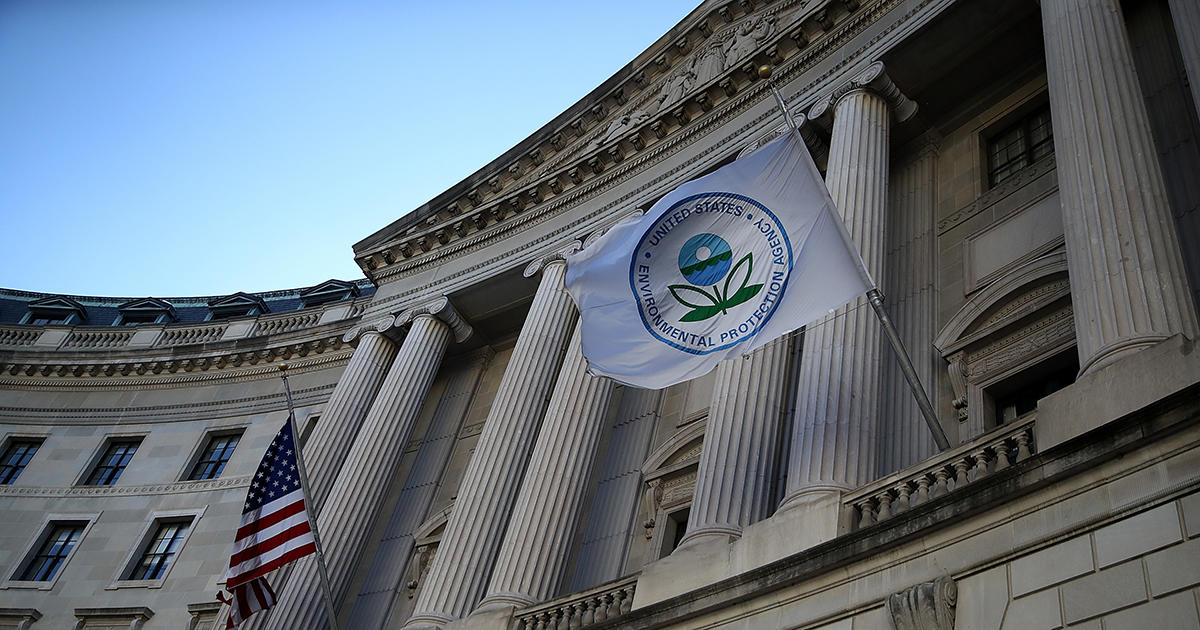
Academic systems rely on the existence of a supply of "outsiders" ready to forgo wages and employment security in exchange for the prospect of uncertain security, prestige, freedom and reasonably high salaries that tenured positions entail.
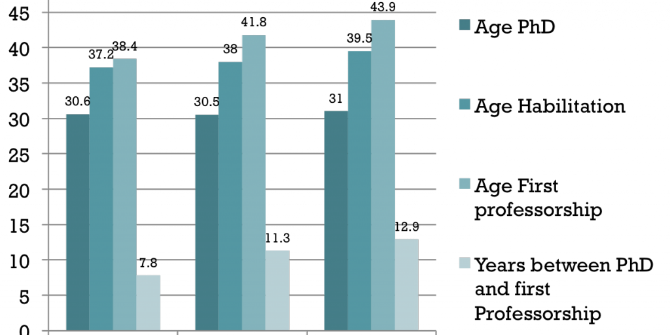
The president's new budget would cut more than $3 billion in global health programs.

The Iowa caucus debacle proved that a 21st-century election requires 19th-century technology.

The new report, Presidential Recommendations for 2020: A Blueprint for Defending Science and Protecting the Public, outlines a suite of recommendations that the next president can take to protect the health and safety of the public through restoring science to government decisionmaking processes. The report focuses on strengthening three major principles underlying science-based decisionmaking: independence, transparency, and free speech.
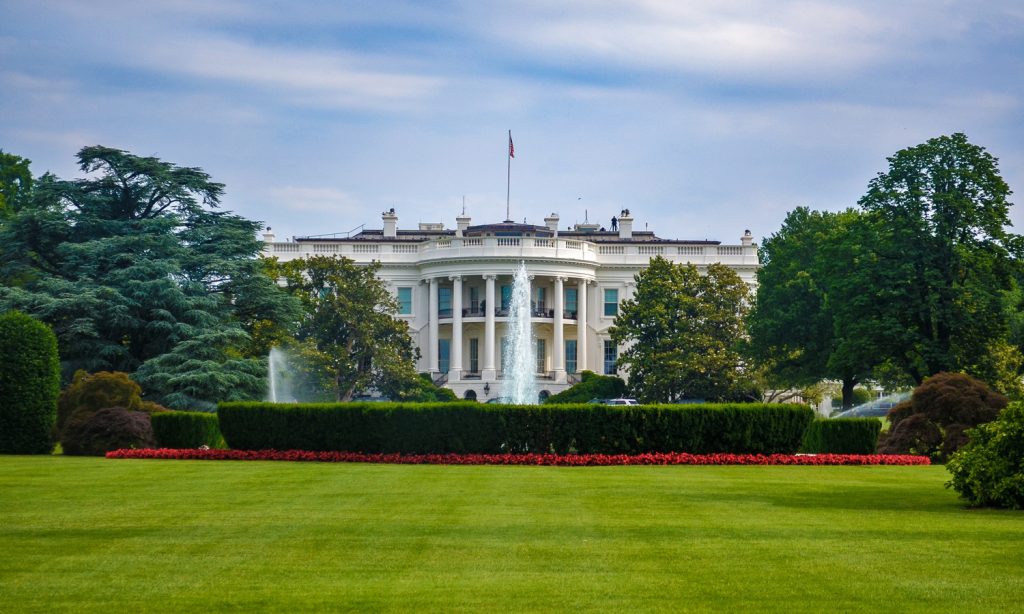
Prosecutors say Charles M. Lieber, the chair of Harvard's chemistry department, lied about contacts with a Chinese state-run initiative that seeks to draw foreign-educated talent.
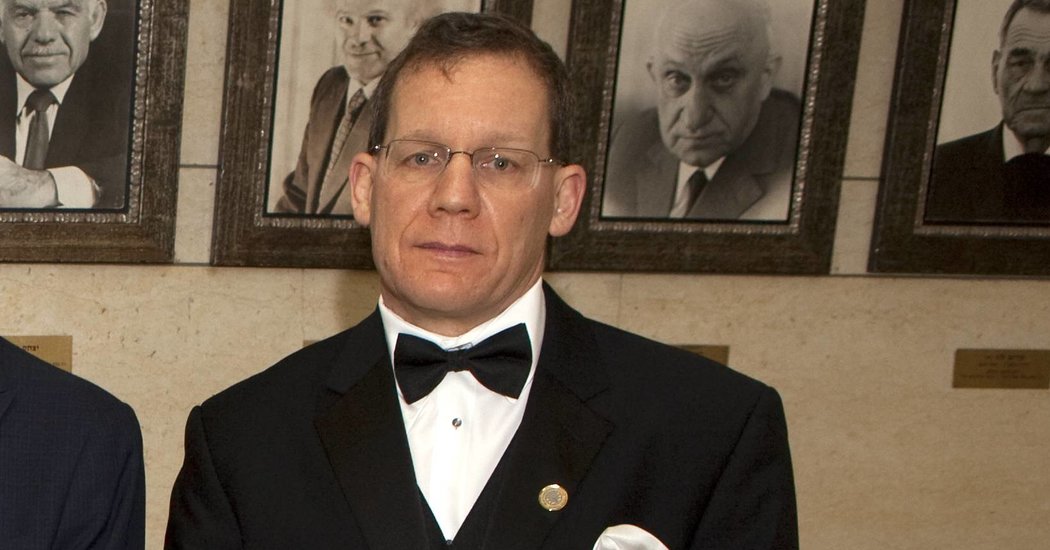
President Donald Trump has repeatedly vowed to "ensure" that the United States has the "cleanest air" and the "cleanest water," but his administration's efforts to slash environmental regulations have been extensive.
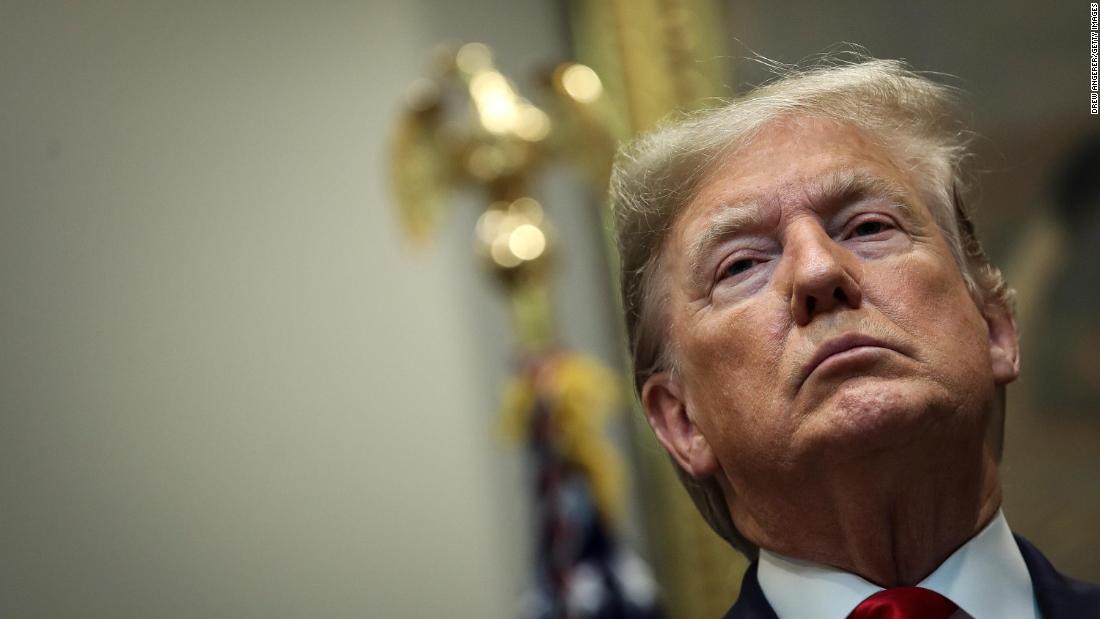
Hundreds of scientists across the federal government have been forced out, sidelined or muted since President Trump took office.
Mr. Greenwald is accused of being part of a "criminal investigation" that hacked into the cellphones of prosecutors and public officials.
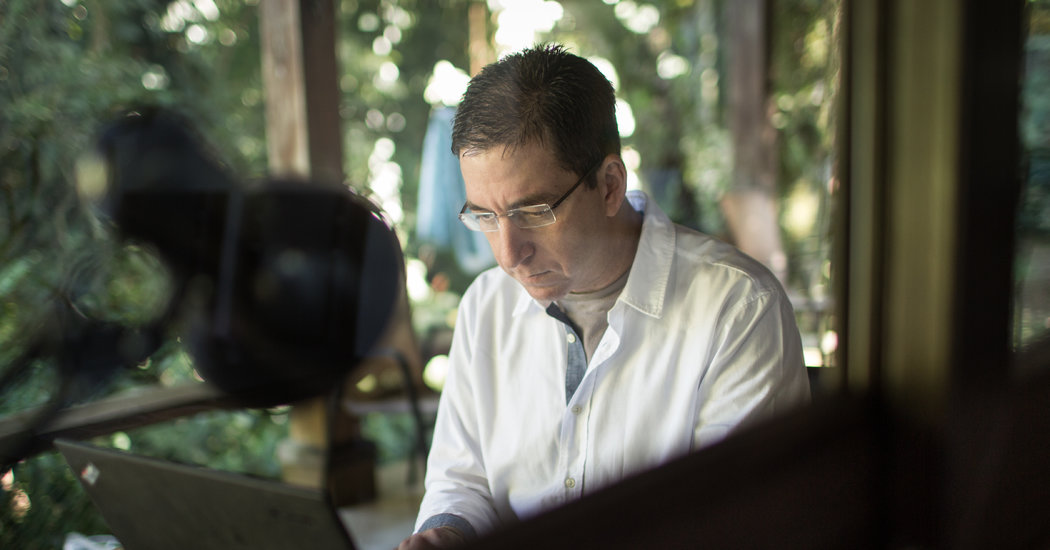
While some talk about global science, China's skyrocketing investment in its scientific sector is causing real anxiety for Europe.
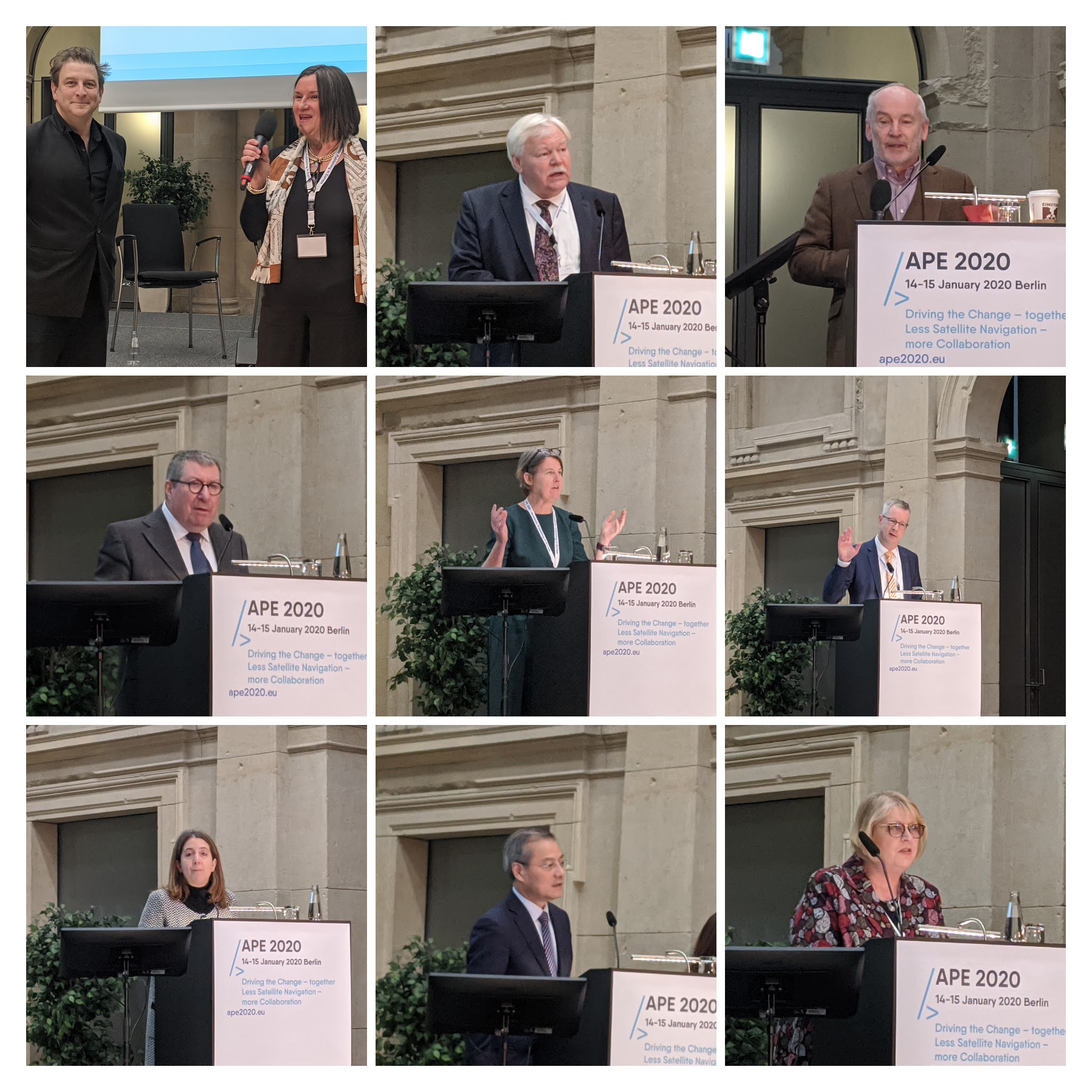
In a recent letter to the White House, a group of corporate publishers and scholarly organizations implore the president to leave intact…

The post-World War II model for organizing science remains powerful, but moving beyond its limits will be necessary for assuring the contributions of science to solving a wide array of challenges.
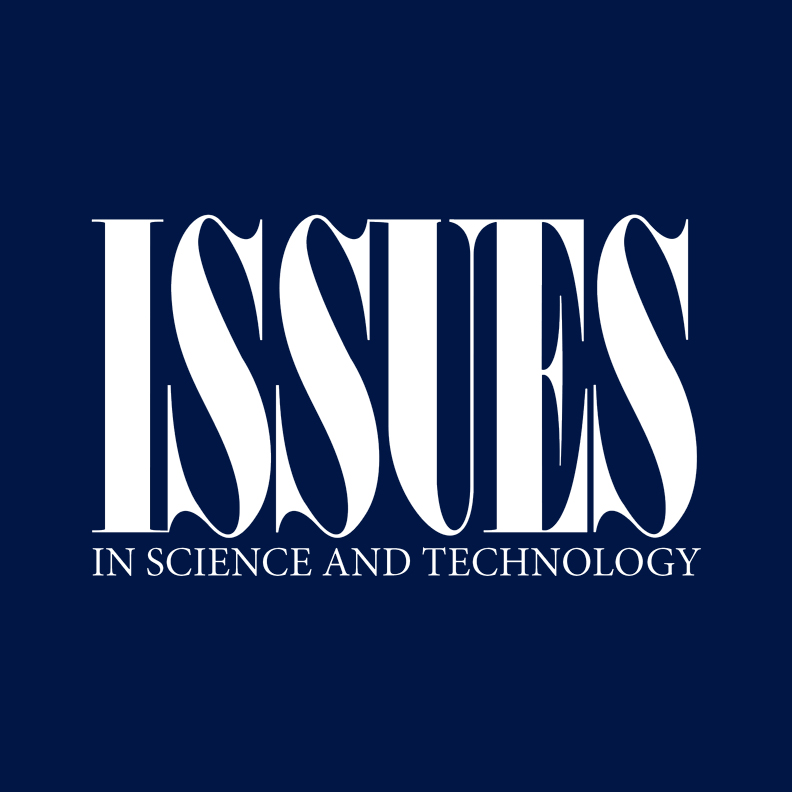
Ivy Anderson and Jeff MacKie-Mason, who co-chair the team overseeing UC's publisher negotiations strategy, have provided the following response to a recent open letter in which a number of commercial and society journal publishers voiced their opposition to a policy, rumored to be under discussion by the U.S. Office of Science and Technology Policy, that would require federally funded research be made freely available to the public immediately upon publication, rather than within 12 months as current policy stipulates. The University of California believes the public should have access to publicly-funded research, freely and immediately upon publication. We are deeply …
In a stinging rebuke of the Trump administration’s handling of science, an Environmental Protection Agency (EPA) advisory panel has found major shortcomings in the agency’s pursuit of key regulatory rollbacks.
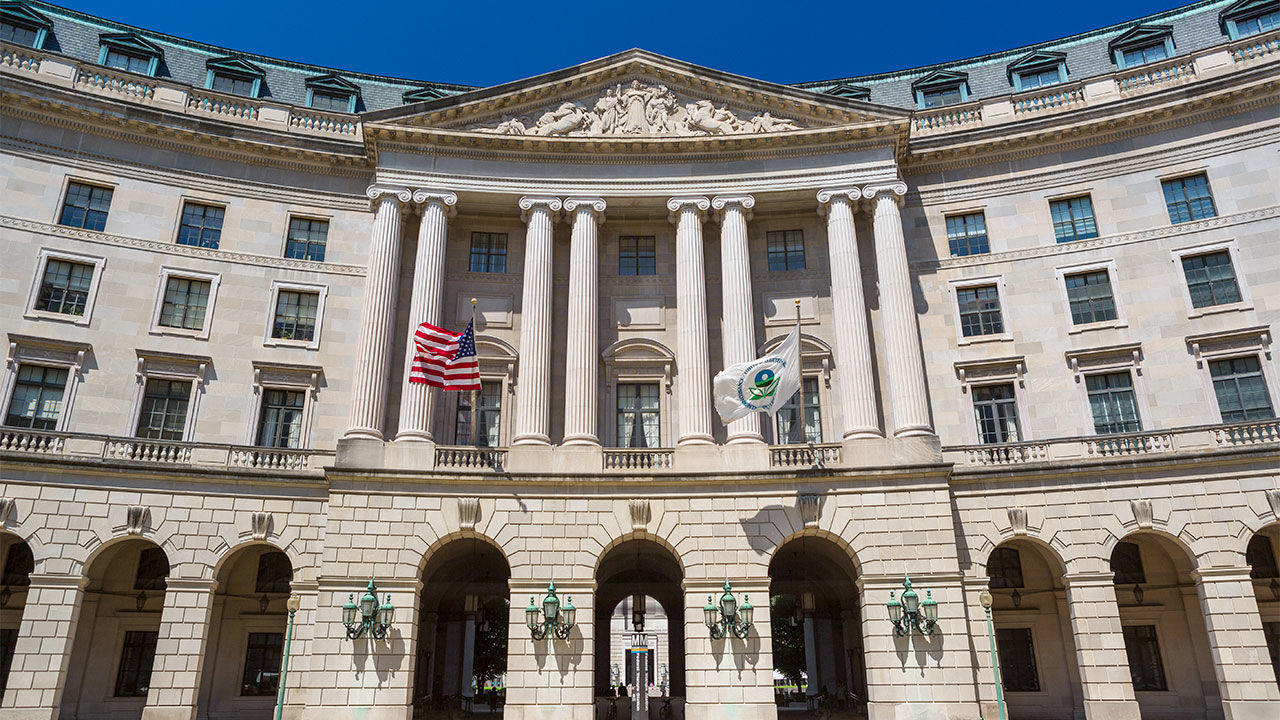
What we learned from the spy in your pocket.
Letters blast rumored shift to immediate open access for taxpayer-funded studies
Congress is set to approve a major defense bill that would establish two new high-level bodies aimed at preventing foreign governments from unfairly exploiting the U.S.
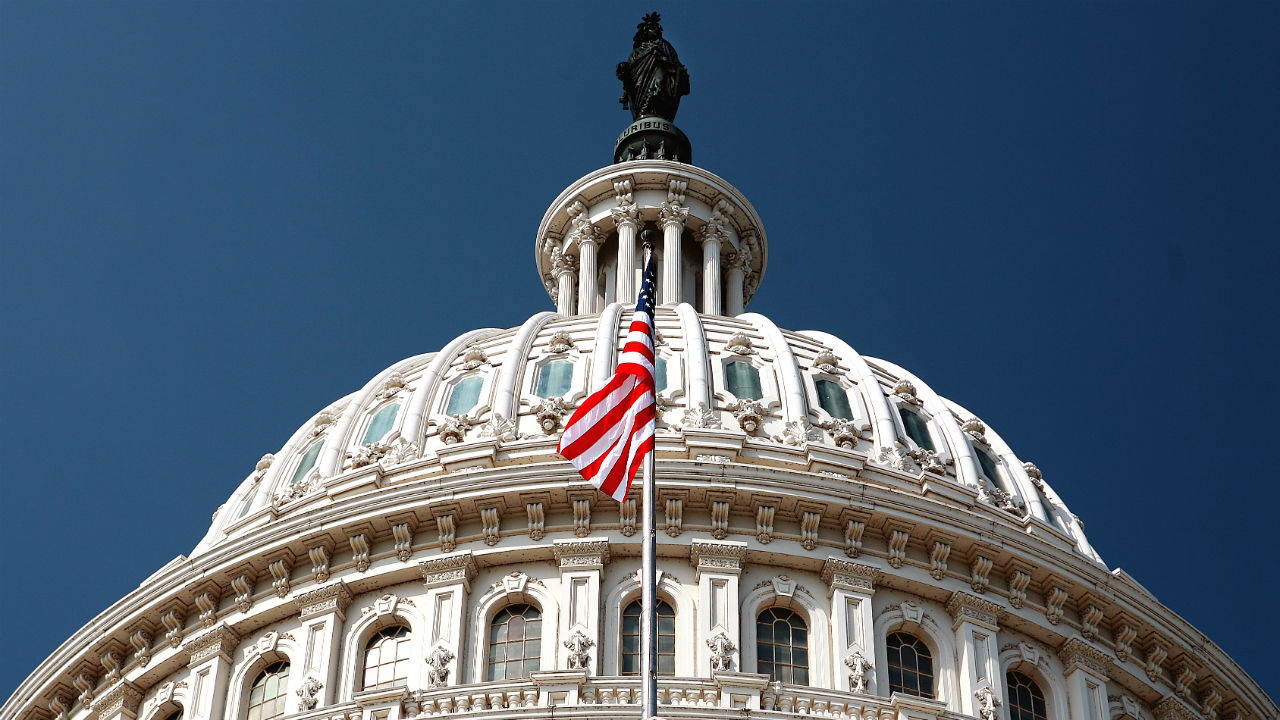
Researchers from racial and ethnic groups that are under-represented in US geoscience are the least likely to be offered opportunities to speak at the field's biggest meeting.
It's a tale for all time. What might be the greatest scam in history or, at least, the one that threatens to take history down with it. Think of it as the climate-change scam that beat science, big time. Scientists have been seriously investigating the subject of human-made climate change since the late 1950s and political leaders have been discussing it for nearly as long. In 1961, Alvin Weinberg, the director of the Oak Ridge National Laboratory, called carbon dioxide one of the "big problems"